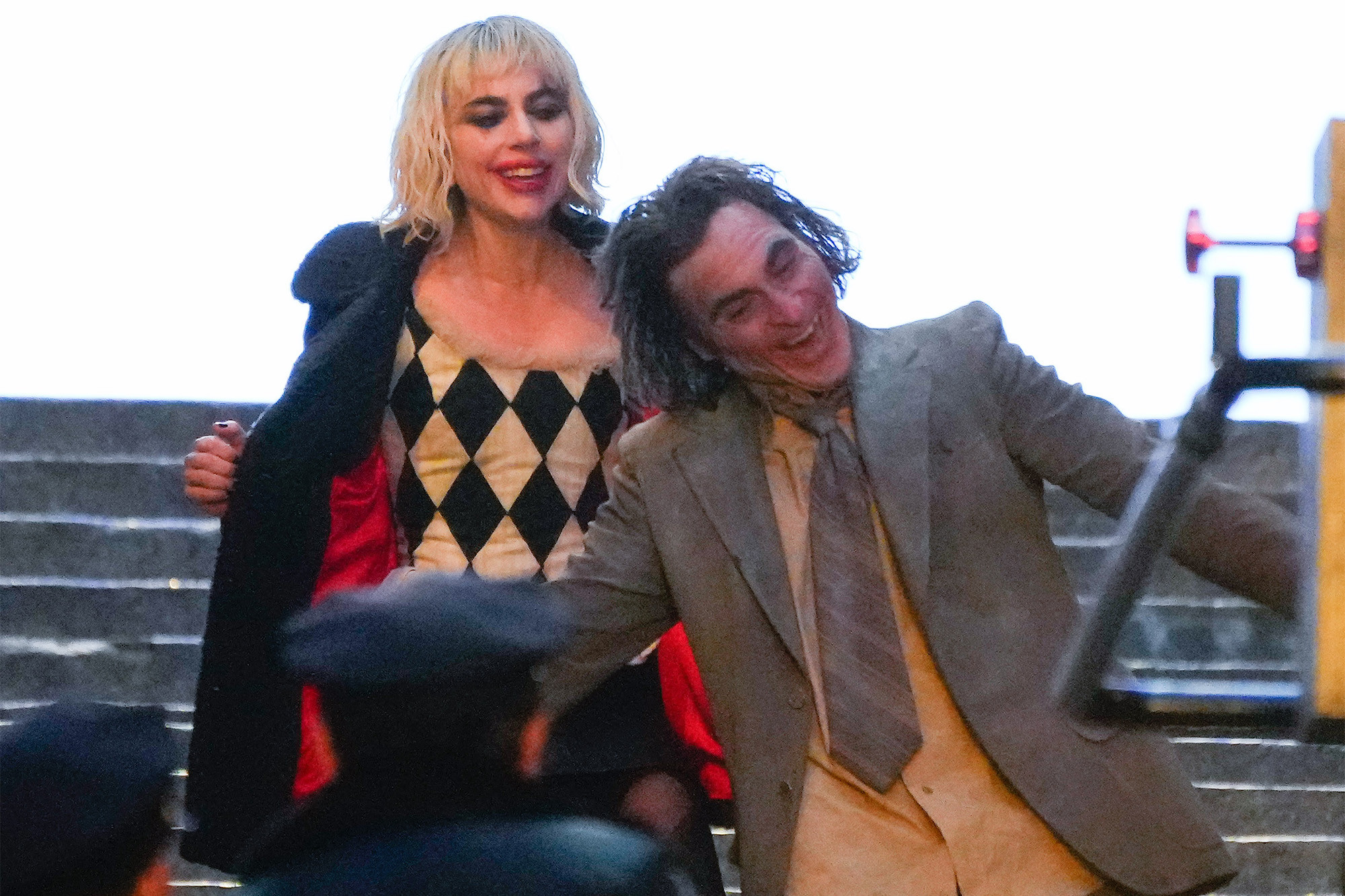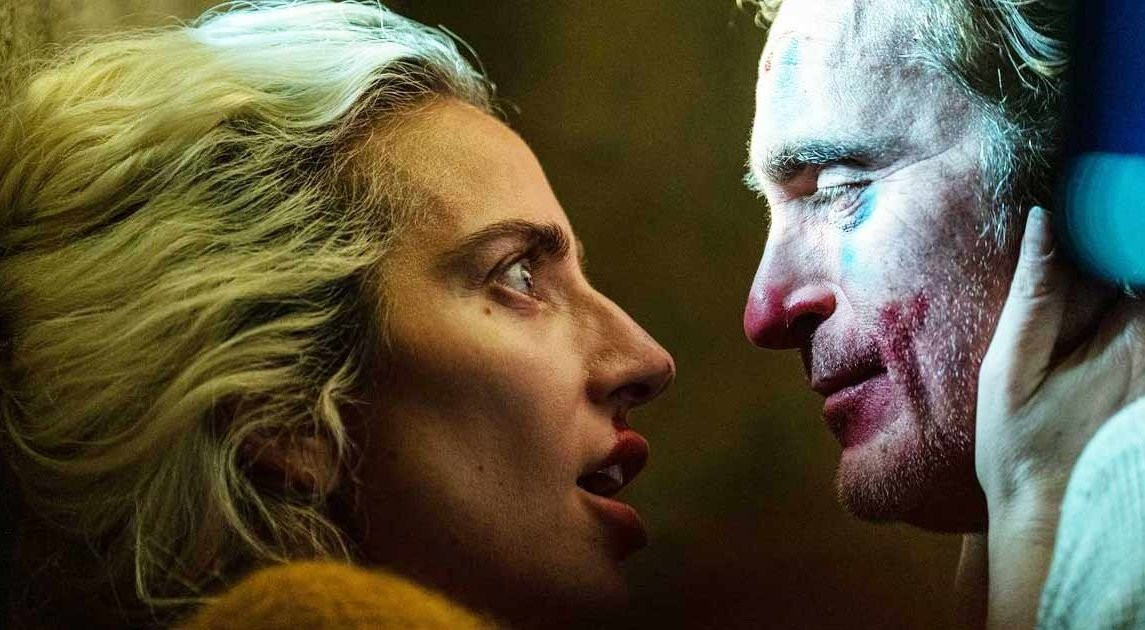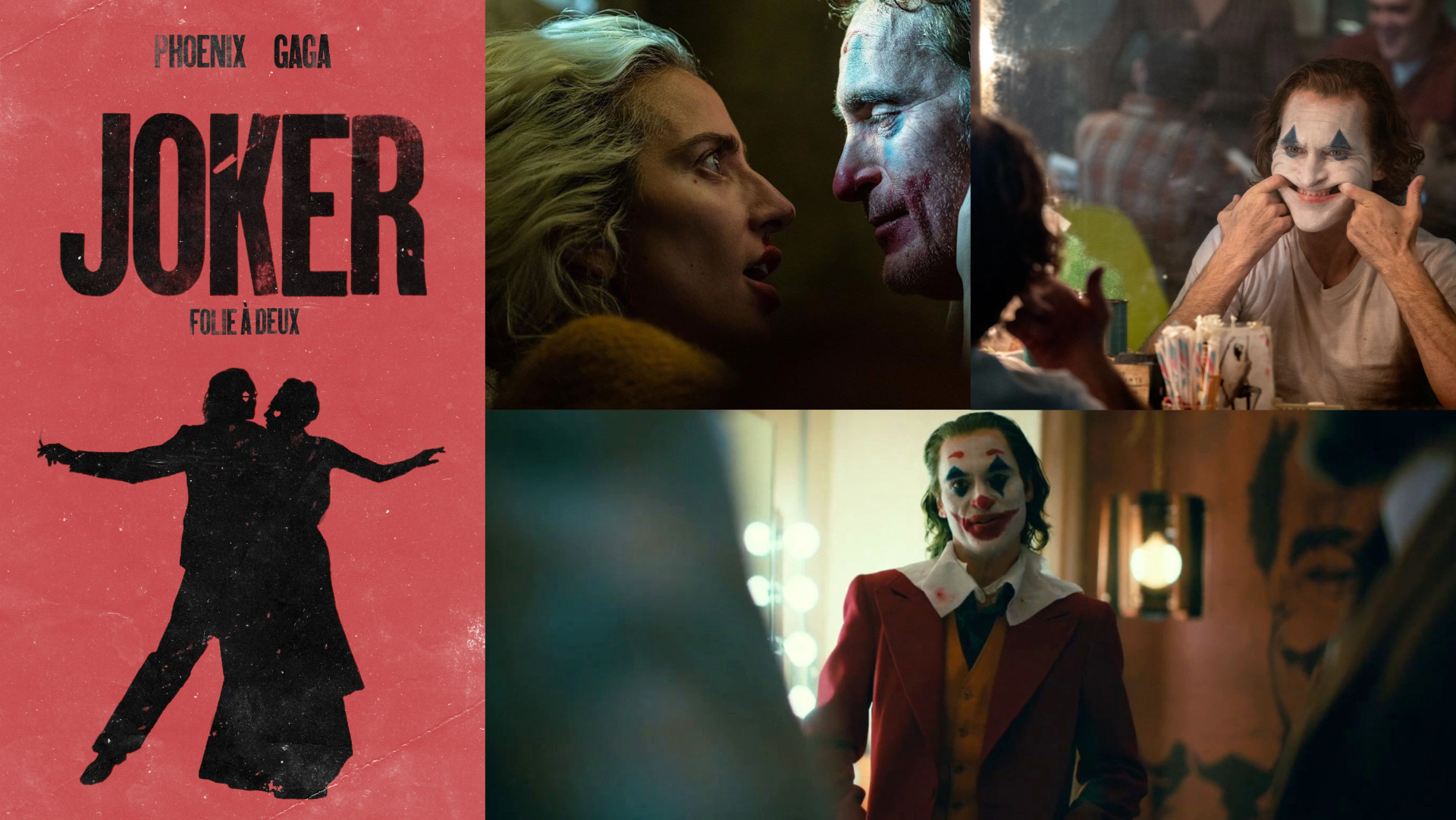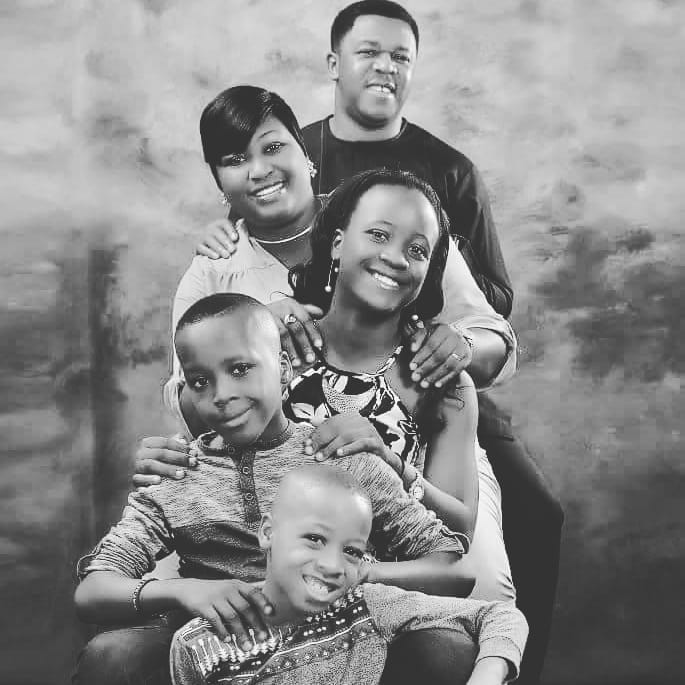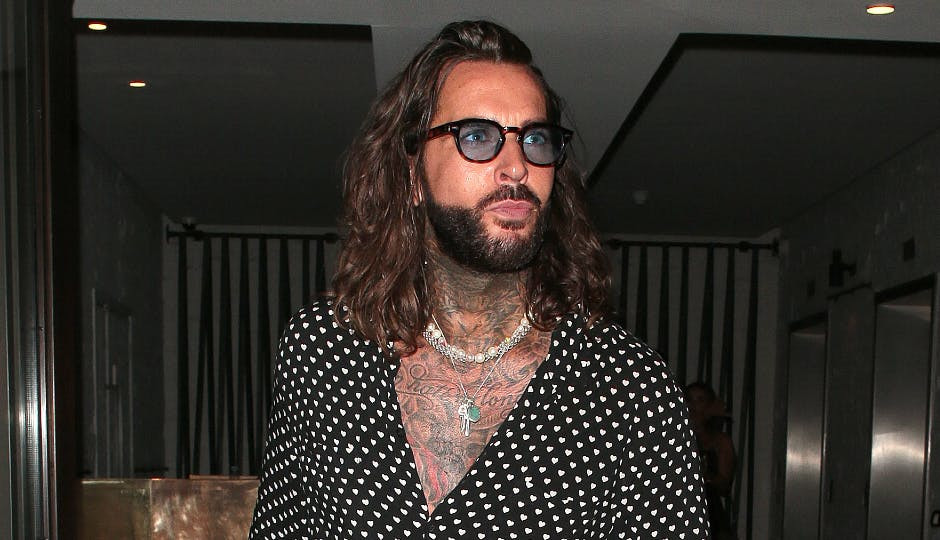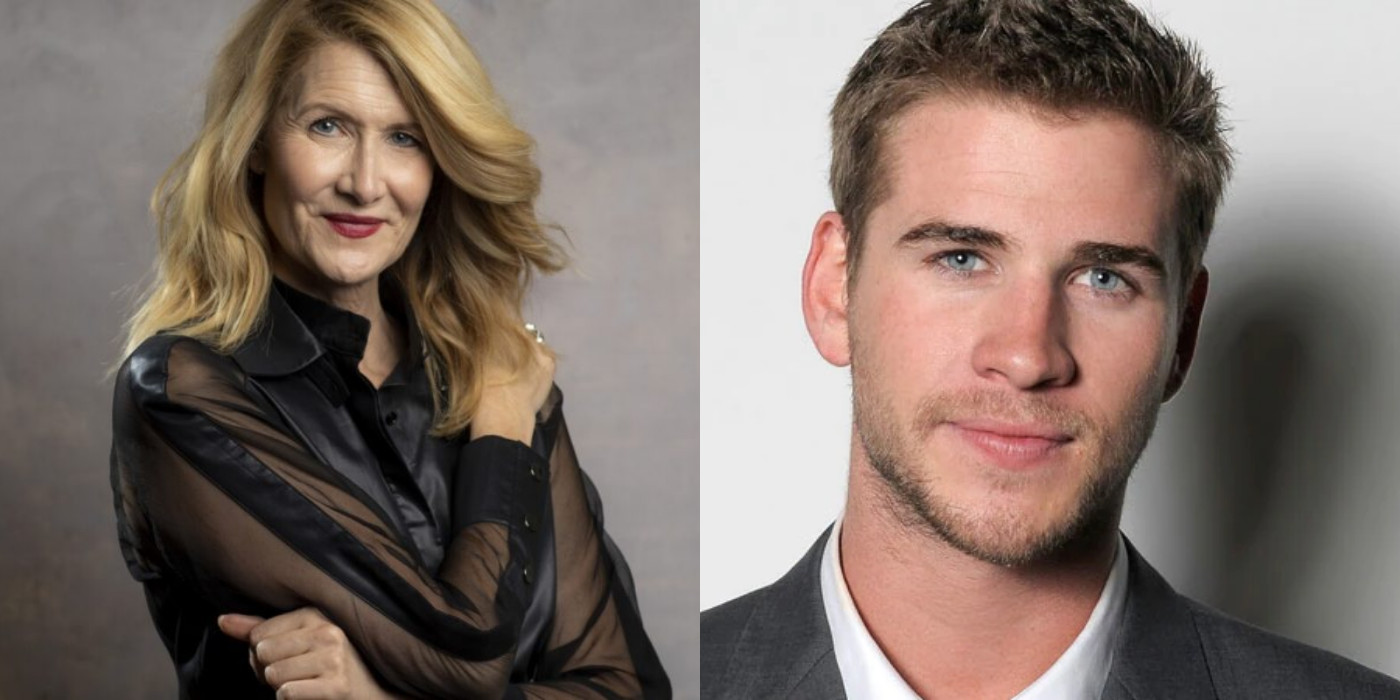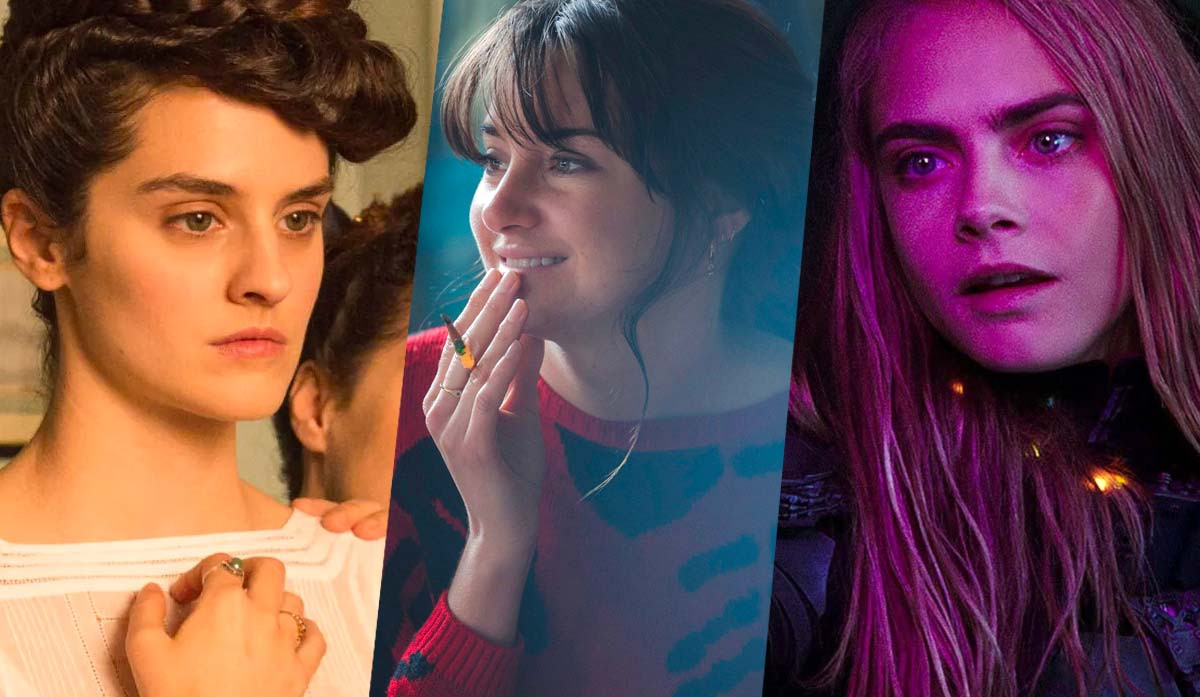Critics are split after Joaquin Phoenix and Lady Gaga’s Joker: Folie à Deux premiered at the Venice International Film Festival Wednesday. Phoenix, Gaga and director Todd Phillips attended the film’s red carpet world premiere in Venice, where Joker: Folie à Deux is screening in competition. A sequel to 2019’s Joker—which earned Phoenix a Best Actor Oscar—Joker: Folie à Deux is a crime drama like its predecessor but also a jukebox musical that brings Gaga’s Harley Quinn into the fold.
Although the film doesn’t open in North American theaters until October 4, reviews out of Venice have been pouring into the critic aggregation site Rotten Tomatoes. As of publication, Joker: Folie à Deux has an RT rating of 60% “fresh” based on 43 reviews.
Among the most positive reviews by top critics on RT, John Nugent of Empire Magazine writes, “As sweet and beguiling a musical romance as it’s possible to have between two murderous psychopaths. Its kooky approach won’t suit all stripes of comic-book fan, but it finds a strange, tragic hopefulness all of its own.”
David Rooney of The Hollywood Reporter also praises the Joker sequel, writing, “Gaga is a compelling live-wire presence, splitting the difference between affinity and obsession, while endearingly giving Arthur a shot ... Their musical numbers, both duets and solos, have a vitality that the more often dour film desperately needs.”
Deadline’s Pete Hammond also keys in on the film’s showbiz sensibilities, writing, “With song, dance, comedy, darkness, animation, drama, violence and more, this is a musical, if it even is a musical, like no other.”
But while there’s music in the film, not all of RT’s top critics are harmonious in their praise of “Joker: Folie à Deux.”
Vanity Fair critic Richard Lawson writes of the film, “It’s startlingly dull, a pointless procedural that seems to disdain its audience,” while the BBC’s Nicholas Barber pens, “Depending on how you look at it, this demythologizing exercise is either daring or it's irritatingly smug, but it's definitely not much fun.”
Among the most damning reviews of the movie comes from IndieWire critic David Ehrlich, whose headline reads, “Joker: Folie à Deux Review: Todd Phillips’ Musical Sequel Feels Like It’s Bad on Purpose.”
Ehrlich doesn’t let up on his criticism in the sub-head of his review, adding, “Boring, flat, and such a criminal waste of Lady Gaga that we should demand a public hearing, Folie à Deux tries and fails to make a point of our own frustrations with it.”
Audience members, of course, will get a chance to form their own opinions when Joker: Folie à Deux opens in theaters on October 4.
Joker: Folie à Deux Is a Musical, But Not the Kind You Expect
Joker: Folie à Deux charges out of the gate with a novel approach to DC's most famous villain, but it soon settles into rote rhythms. Though advertised as a dreamy jukebox musical, the sequel to 2019's Joker is actually more of a courtroom drama, and not a very interesting one at that. The film works best when pushing towards new ways of seeing its central character – often through the eyes of a wonderfully realized Harley Quinn, played by Lady Gaga – but it too often insists on returning to familiar territory (and on occasion, familiar footage) instead of blazing a new path.
The Sequel’s Story Is a Familiar One
Arkham Asylum is now home to Joker/Arthur Fleck (Joaquin Phoenix), whose daily routine involves being awoken by gruff prison guards who demand jokes from him while he empties his latrine. It seems like Arthur no longer speaks very much – he certainly no longer smiles – and director Todd Phillips, with the help of cinematographer Lawrence Sher, captures this mechanical morning process in long, unbroken takes that draw the viewer into Joker's grimy world. As he awaits trial, his lawyer Maryanne Stewart (Catherine Keener) insists he pleads insanity, and figures that the best defense is to treat “Joker” and “Arthur” as distinct personalities living in the same body.
Arthur, like most people around him, knows this more of a legal strategy than anything resembling truth, but the question of how his adopted persona changes him constantly looms. On one hand, separating Joker's actions from Arthur's (and framing them as a trauma response) might get him an easier hearing. On the other hand, when he draws the gaze of fellow patient and avowed admirer Harleen “Lee” Quinzel, it seems like Joker is who he wants, and needs, to be.
The Musical Moments Are Limited, but the Performances Are Powerful
Since the two meet during musical therapy, real and imagined songs are scattered throughout Folie à Deux's runtime. These familiar Hollywood tunes and vintage pop hits are sung passionately by Phoenix and Gaga, and some are even mixed with Hildur Guðnadóttir's eerie, booming score. The duo, at first, connects through song. They match each other's freak – the shared madness and delusion of the subtitle, what the French call “folie à deux” – but much of this ends up sidelined during the movie's lengthy courtroom scenes, which promise chaos when Arthur begins representing himself. Unfortunately, the delirium of Phoenix smearing on the grease paint to play both attorney and defendant isn’t quite delivered.
Joker: Folie à Deux Feels Constrained by Its Predecessor
After an initial hour set entirely within Arkham's walls, the sequel becomes a kind of referendum on the first Joker, though not in any meaningful, transformative way. Rather, it's merely an extension of the first film's plot in the most plodding and literal fashion. For a film that’s almost entirely liberated from its comic book source material, Joker: Folie à Deux is oddly constrained by its own predecessor. Returning characters show up to narrate events we've already seen, as Stewart asks leading questions about Joker feeling like a distinct entity from Arthur. On the flip side, the prosecutor is a smarmy Harvey Dent (Harry Lawtey) – the comics' villainous Two-Face – who's a treat to watch at all times, though his line of argument sheds little light on Arthur's actions or state of mind.
Joker: Folie à Deux Doesn’t Really Know What to Do with Harley Quinn
Perhaps the standout of this extended segment is Gary (Leigh Gill), Arthur's clown colleague from the first movie, whose dwarfism comes ever-so-close to being the subject of Arthur's comedic riffing when he takes the stand. If the sequel comes close to articulating an actual point about Joker – that is to say, the persona and identity – it's that the coping mechanism that shields Arthur from the world's cruelty makes him cruel in turn. However, like many potent ideas upon which Folie à Deux touches, it's soon discarded. Similarly, Arthur's upbringing and abusive mother, detailed in Joker, are rehashed ad nauseam, while the topic of Arthur's future with Lee (which could potentially involve a family) is quickly abandoned before it can offer any kind of thematic reflection.
Joker: Folie à Deux Is a Missed Opportunity
This is the sequel's default M.O., making it a frustrating experience beyond its initial, Arkham-focused hour. At first, it creates a more careful and methodical aesthetic than Joker – each scene is carefully composed; each methodical push-in has clear emotional intent – but as it progresses, it does little with its camera worth commenting upon. A few dreamlike flourishes do appear, though mostly to quote the familiar visuals of other musicals, like Jaques Demy's French New Wave landmark The Umbrellas of Cherbourg and Francis Ford Coppola's sincere, expressionistic One from the Heart.
Joker: Folie à Deux Is a Sequel That Can’t Escape Its Past
Apart from these stray references, Phillips' expressionism is limited to making each environment and lighting source resemble, in some way, a harsh spotlight on a stage, silhouetting Joker and Lee until they become defined by their shape – their iconography. It's a great idea in theory, and taps into the performance aspect associated with the Joker character, but it rarely evolves, visually or conceptually. It's just one of several things that ends up keeping the character in stasis, to the point that a vital emotional turn in the second half, which defines the movie's trajectory, comes entirely out of left field. It's one movie, and then suddenly, it's another.
A Look at the Music and Performances
That said, Phoenix clearly knows this character inside out by now. His posture is even more disconcerting this time; the actor is still shockingly gaunt, but the way he carries himself speaks to a body that has endured a life of abuse (something as simple as uneven shoulders can go a long way). When Arthur decides to embrace the “Joker” part of himself, this posture changes, almost fixing itself, as Phoenix sprawls out across the screen, luxuriantly, comfortably, and confidently – usually with a cigarette in hand. However, he never loses Arthur's inherent goofiness even when putting on this front. As the Joker slips between forms of presentation, his accent slips as well, going from British to American Southern and back, as if he can't quite figure out who (or what) he wants to be.
But if Joker: Folie à Deux has a not-so-secret weapon, it's Lady Gaga’s rendition of Harley Quinn, whose fascination with Arthur is the film's very foundation. It's a shame the movie never quite allows its musical elements to bloom (the energy of these segments only goes so far), because affording Gaga the chance to run the emotional and tonal gamut would have likely resulted in one of the greatest feats of screen acting modern Hollywood has seen. She even modulates her singing voice between the real Lee (an unprofessional who belts with an uneven passion) and Arthur's imagined version of her, whose singing is more, well, Gaga-esque. Sadly, she’s constrained by a subtle performance in a film that's anything but.
The Verdict
Joker, though scattered in its politics and committed to aping other, better filmmakers, at least had unifying visual and thematic motifs. It felt complete, albeit cobbled together. Joker: Folie à Deux departs from this approach – initially for better, though eventually for worse. Its more considered frames and character dynamics set the stage for musical romance that never blossoms – visually, acoustically, emotionally – giving way to a sequel weighed down entirely by its predecessor, despite how hard it tries to escape its orbit.
The worst thing about Joker: Folie à Deux is its unfulfilled potential. It begins with the promise of a novel approach to the Joker and Harley Quinn, placing them in a world where the opposite of cruelty is musical romance. Unfortunately, the DC sequel gets bogged down by a lengthy courtroom saga, which not only keeps the dazzling Lady Gaga away from the spotlight, but centers the movie entirely around its own predecessor, without doing or saying anything new.




